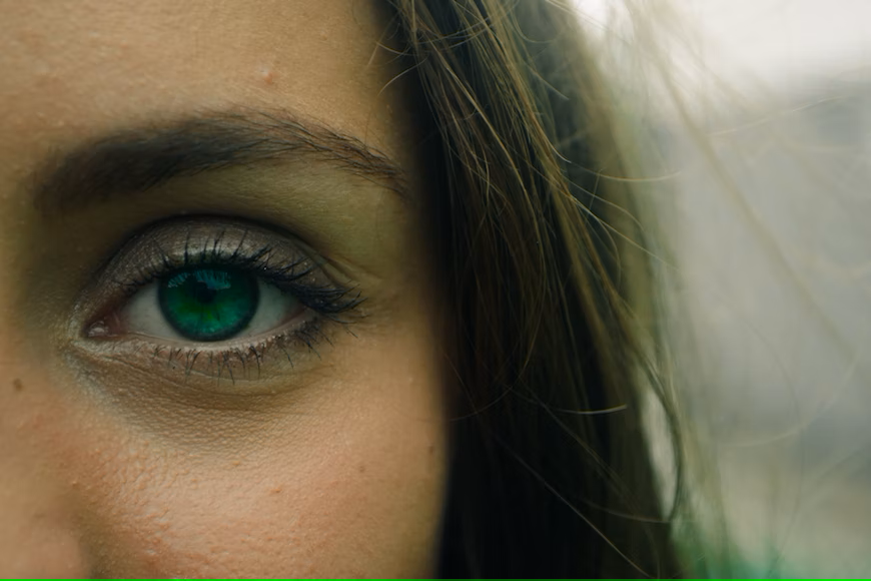
Reality of depression
I write blogs to share my experiences. When a psychiatrist diagnoses depression, they’re looking for a specific set of symptoms described in the DSM V or the ICD 11 all or most of the time over an extended period:
- Depressed mood
- Diminished interest or pleasure in activities
- Decrease or increase in appetite
- Subjective slowing down of thought and movement
- Fatigue or loss of energy
- Feelings of worthlessness
- Diminished ability to think or concentrate and indecisiveness
- Thoughts of death, suicidal ideation without a specific plan, attempted suicide or planned for suicide.
I understand the need to be able to diagnose in this way but this is not how people experience depression. I’m writing this blog to give some insight to what it’s really like to be inside the mind of someone struggling with symptoms of depression.

In reality, people experience the following, jumbled and apparently nonsensical feelings:
- I don’t want to make a fuss but I’m worried about how I feel
- I feel sad, frustrated, angry, scared and numb at the same time
- Sometimes I feel happy and then I feel confused and guilty
- I feel lethargic and then I beat myself up for being lazy
- I cry about everything and nothing but then sometimes I can’t cry when someone tells me something sad
- I feel completely exhausted, during the day all I want to do is sleep then at night, I can’t sleep, I just lie awake
- I’m not interested in going out, I won’t enjoy it and I have nothing interesting to say so what’s the point?
- I don’t have any friends and I can understand why, I wouldn’t want to be my friend
- I just want this pain to stop, it’s a pain like no other
- I feel like I’m falling down a black hole, like my life is meaningless, is there any point?
- I’m scared I’m going to lose my job, I just get a feeling I’m doing it all wrong
- I can’t seem to do anything right
- My life is fine, I should be happy but I feel like everything is falling apart
- Life feels like a slog, I don’t think there’s any point in going on
- I notice other people laughing and realise I’m not but the next day I can laugh and I don’t know what’s different
- I wish I could go to sleep and not wake up
It’s the job of the GP or psychiatrist to take these experiences and attempt to make sense of them to see if a diagnosis of depression fits. A diagnosis is important so that appropriate support and treatment can be given. Symptoms of anxiety, psychosis, personality disorder, obsessive compulsive disorder, eating disorders or other psychiatric conditions overlap so it’s important to understand what the symptoms are in order to offer the right support.
I always like to offer some hope in my blogs. I’m living proof that from the darkest times, if you surround yourself with the right people, do whatever it takes (therapy, counselling, medication) it may not be easy or simple but recovery is possible.




